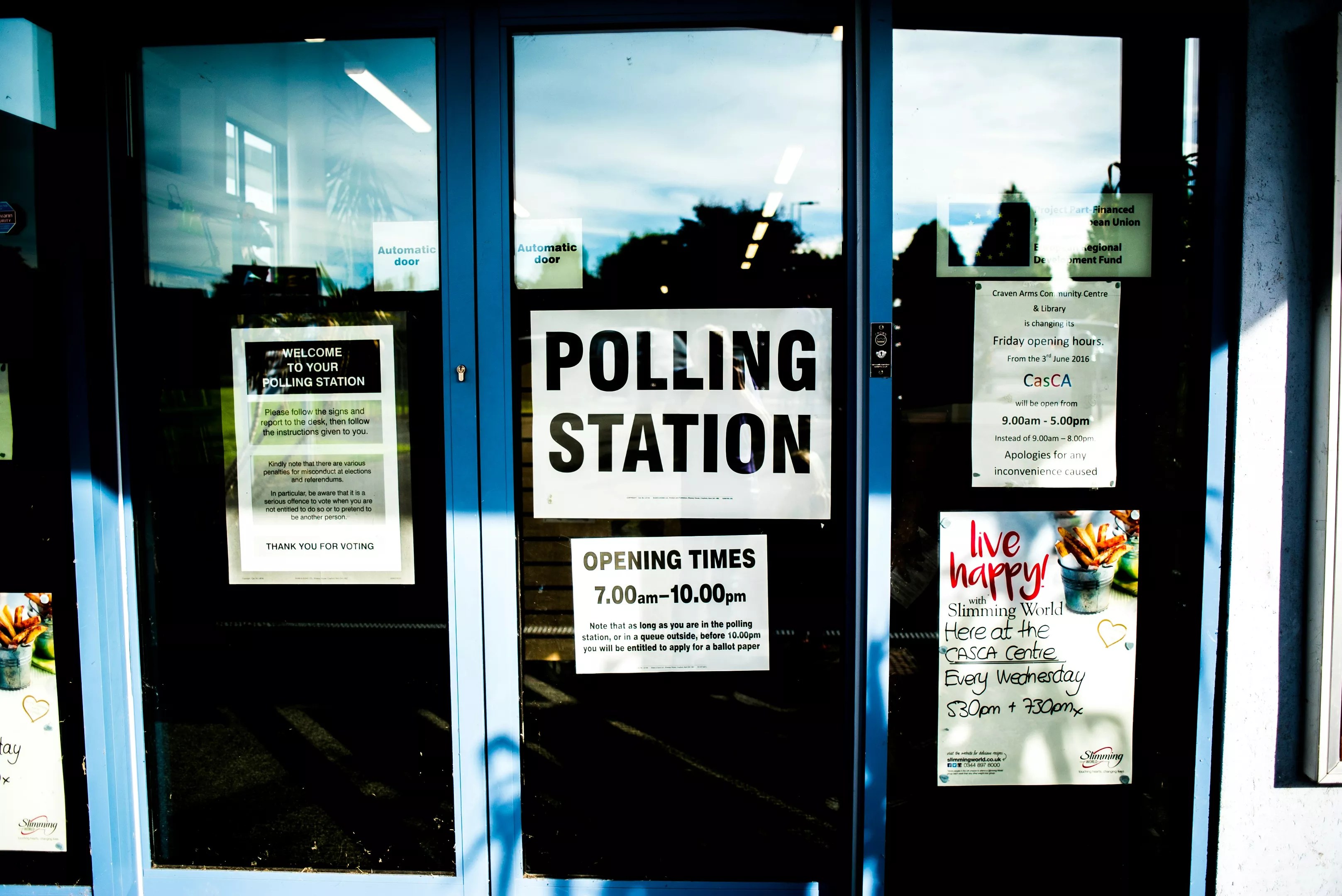
Photo by Elliott Stallion on Unsplash

Audio By Carbonatix
More than 600,000 Texans with unpaid traffic tickets have reportedly been stripped of their driver’s licenses thanks to a controversial state program. That’s bad news for would-be commuters, of course, but it also has voting rights advocates concerned.
The “Failure to Appear/Failure to Pay Program” by the company OmniBase Services is how hundreds of thousands of drivers find themselves in this spot. Those who neglect to pay their fees or fines or are no-shows in court may experience a hold on their licenses – something that’s especially screwing over low-income folks and people of color.
Anthony Gutierrez, executive director of the pro-democracy organization Common Cause Texas, said the research is clear: This program is disproportionately hurting Black and Latino Texans. In addition, the state Legislature in recent years has passed “voter-suppression laws” that primarily harm these same communities.
Texas does “an exceptionally poor job” of educating residents about which forms of identification they can use to vote, Gutierrez said.
“So, it’s not a huge leap to think that there are going to be people who just don’t know that they’re able to vote with an expired license or a suspended license, and may decide that they’re just not going to go this election,” he said. “There’s any number of things the state could do to remedy that or to prevent that, and the state’s just not doing that.”
Texas is already (in)famous for the way that it handles elections. The state scored a big fat “F” on its 2022 democracy report card issued by the End Citizens United political action committee, ranking No. 45 out of 50.
Gerrymandering in the state helps to ensure that it stays reliably Republican, and political observers may note that those most affected by the OmniBase program – Black, Latino and low-income voters – tend to lean more progressive.
In the comments section for a recent NBC News segment about the program, some naysayers argued that the Texans who’ve lost their licenses deserved that fate. They didn’t pay off their tickets, so what did they expect?
While there is something to be said for paying fines on time, Gutierrez said, the problem lies in the overpolicing of marginalized groups. If tickets were issued more evenly across all communities, then that would perhaps be a fair argument. The reality, though, is quite different.
“It is Black and Latino citizens in low-income communities who are more often given these tickets,” he said, “and then find themselves in the situation where they’re having unfair fines just piled on and piled on.”
Texas could do a lot more to improve voter education, Gutierrez said. Around $4 million per budget cycle is allocated toward such efforts, but considering the state’s enormous size, it would need tens of millions of dollars to reach the entire electorate.
“This right here is just creating economic disenfranchisement.” – Miguel Rivera, Texas Civil Rights Project
There’s bipartisan support to amend the OmniBase program or end it altogether, with lawmakers having introduced four bills to do just that, KXAN reported last April.
A 40-year-old construction worker testified before lawmakers at the time that he’d been slapped with a traffic ticket when he was 19. He couldn’t cover the cost back then, putting him in a never-ending cycle of fees and fines.
“I was not making any money when I started off my adult life, and I ended up getting a suspended license for not paying my first ticket and didn’t realize it became suspended,” the worker said. “When I got pulled over, that opened up a whole can of worms. Taking people’s license away from them is taking their ability to provide for their family.”
The Lone Star State is already home to harsh voter ID rules, said Miguel Rivera, senior advocacy manager for the Voting Rights Program at the Texas Civil Rights Project. Add to that the fact that the “Failure to Appear/Failure to Pay Program” program can deprive low-income Texans of their ability to prove who they are when they try to vote.
After the U.S. Supreme Court gutted the Voting Rights Act in 2013, Texas wasted no time instituting one of the country’s most restrictive voter ID laws, Rivera said. Ballot-casters today must bring one of seven forms of photo identification to the polling place.
People without driver’s licenses or another form of photo ID can apply for an Election Identification Certificate through the Department of Public Safety, Rivera noted. But therein lies a major problem.
Many low-income voters can’t afford to take time off in the middle of the workday to go sign up for the certificate, he said.
Rivera also mentioned that Texas is one of the few states in the U.S. without online or same-day voter registration, leading to even more stumbling blocks that an average voter may not know how to overcome.
Texas voters can learn their eligibility and ask election-related questions by calling the free, nonpartisan hotline 866-OUR-VOTE, he added.
“Your economic status should not and does not affect your ability to vote. There are other parameters that make one eligible,” Rivera said. “This right here is just creating economic disenfranchisement.”
Monday, Feb. 5, is the final day to register to vote ahead of Texas’ primary elections.